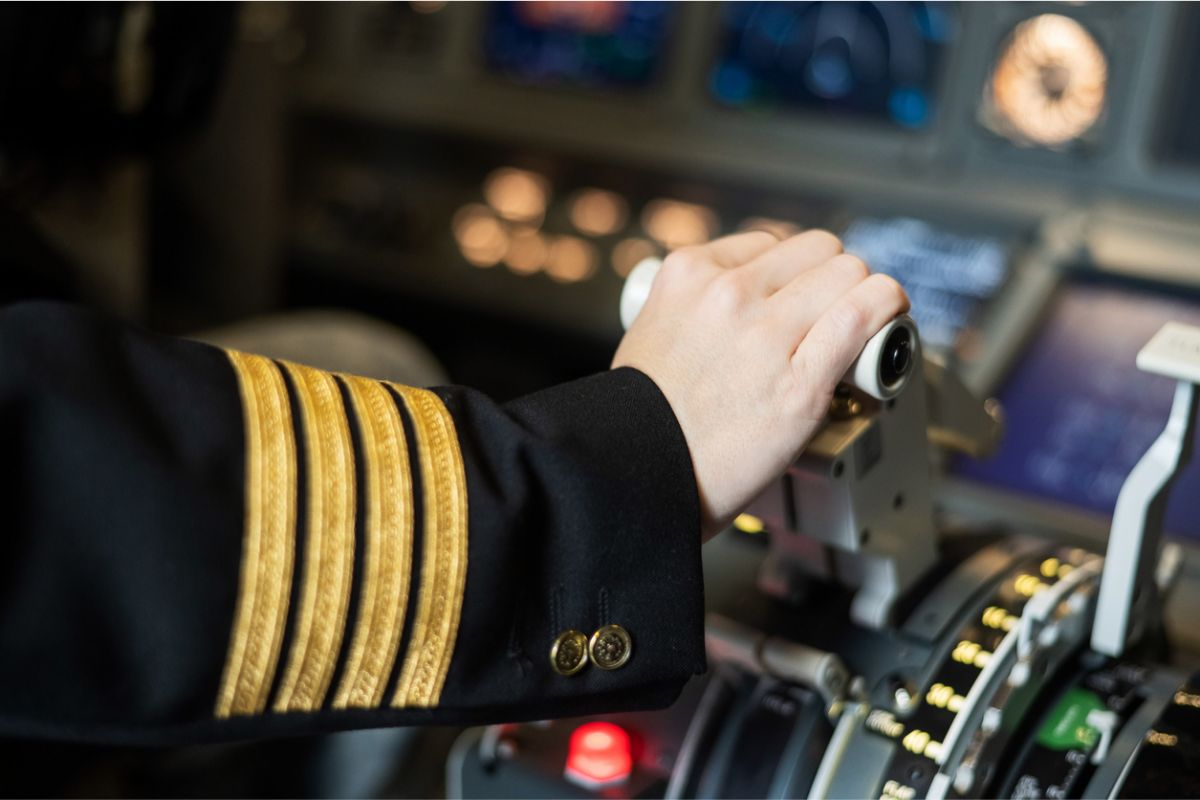The aviation industry has long been regarded as a symbol of progress and connectivity, enabling people and goods to traverse the world effortlessly. However, in recent years, the industry has faced a significant and concerning issue—the global pilot shortage. This blog post aims to shed light on the causes and consequences of this deficit while exploring potential solutions to mitigate its impact.
Understanding the Pilot Shortage
Rising Demand
The rapid expansion of the global middle class and increased affordability of air travel have led to a surge in passenger demand. Consequently, airlines are expanding their fleets, which requires a proportional increase in the number of pilots.
Aging Workforce
Many countries are grappling with the retirement of a substantial portion of their experienced pilot workforce. The aviation industry’s mandatory retirement age, combined with a lack of younger pilots entering the field, has created a significant gap that needs to be filled.
Training Challenges
Becoming a pilot requires extensive training, significant investment, and a complex regulatory framework. These factors can discourage aspiring pilots, leading to a decline in the number of individuals pursuing a career in aviation.
Consequences of the Pilot Shortage
Increased Costs
Airlines are facing the challenge of offering competitive salaries and benefits to attract and retain qualified pilots. The scarcity of pilots drives up their remuneration, impacting airlines’ profitability and leading to increased ticket prices for passengers.
Service Disruptions
The shortage of pilots can result in flight cancellations, delays, and reduced frequencies, causing inconvenience for travelers. Airlines may struggle to meet their scheduled operations, leading to decreased customer satisfaction and potential reputational damage.
Safety Concerns
Maintaining aviation safety standards is of paramount importance, and the shortage of pilots puts additional strain on the existing workforce. Fatigue-related issues, overworking pilots, and reduced training opportunities can compromise safety, highlighting the urgency of addressing the shortage.
Potential Solutions
Enhancing Recruitment Efforts
Airlines can collaborate with educational institutions, promote aviation careers to young students, and provide scholarships or financial assistance to aspiring pilots. This proactive approach can attract a larger pool of candidates and generate long-term interest in the field.
Streamlining Training Processes
Governments and aviation authorities can work together to streamline pilot training regulations without compromising safety. Reducing bureaucratic hurdles and providing financial incentives to flight schools can help alleviate the financial burden on aspiring pilots.
Industry-Government Cooperation
The aviation industry should engage in dialogue with government agencies to develop comprehensive strategies for addressing the pilot shortage. This collaboration can include funding pilot training programs, creating apprenticeships, and establishing prolonged workforce development plans.
Embracing Technological Advancements
The integration of advanced technologies, such as pilot simulation training and automation, can help optimize pilot training programs and increase efficiency. Additionally, exploring the potential of unmanned aerial vehicles (UAVs) for certain operations could alleviate pressure on the pilot workforce.
Change is On the Horizon
The global pilot shortage poses a significant challenge for the aviation industry, impacting operational efficiency, safety, and overall customer experience. By recognizing the causes of the shortage and implementing targeted solutions, stakeholders can work together to ensure a sustainable supply of qualified pilots. With effective recruitment, streamlined training processes, industry-government cooperation, and technological advancements, the aviation industry can overcome this crisis and continue to soar to new heights of success.

